Why the biggest marketplaces choose OPP
Why marketplaces and platforms require payment specialists
Online shopping has really taken off and the Covid pandemic has only further boosted this sector. As the lion’s share of online sales comes from webshops, this is what the major payment service providers are focused on. Webshops are their core business.
However marketplaces and platforms have a completely different dynamic. Payments take place, but the underlying processes are very different and much more complex. This dynamic therefore requires a specialist payment service provider.

A marketplace or platform is not a webshop!
A marketplace is an online platform where potentially millions of ‘webshops’ can sell their products. The sellers can be private individuals as well as companies that sell their goods through a marketplace. The marketplace is not the seller of the goods and therefore not the legitimate recipient of the proceeds. It makes it complicated, financially vulnerable and illegal to first payout all proceeds to the marketplace after which the marketplace passes on the final proceeds (with or without withholding a commission) to the ultimate seller.
Such a distribution of funds is not a core activity for a marketplace and regulators consider this a financial service, with all the associated obligations that come with it. A marketplace would then have to apply for a license to become a payment service provider itself or will be considered the ‘Merchant of Record’. If the marketplace or platform does not want to be responsible for all goods that people sell through integrated payments on its platform, it has to make use of a payment service provider that verifies the seller of the goods through the Know Your Customer (KYC) process.
Want to know more about online payments on marketplaces and platforms and why the biggest marketplaces choose OPP?

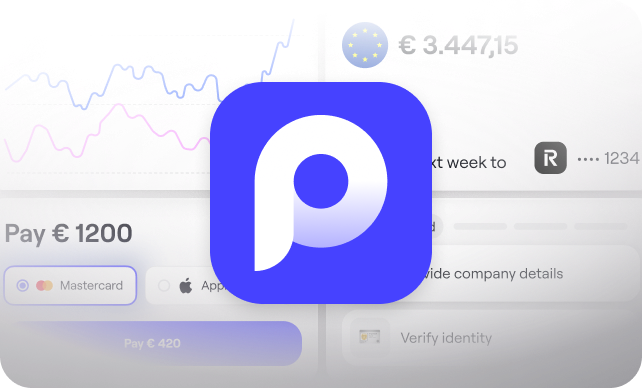
.svg)
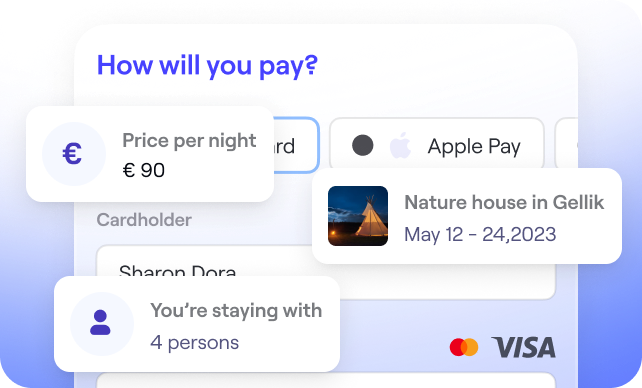
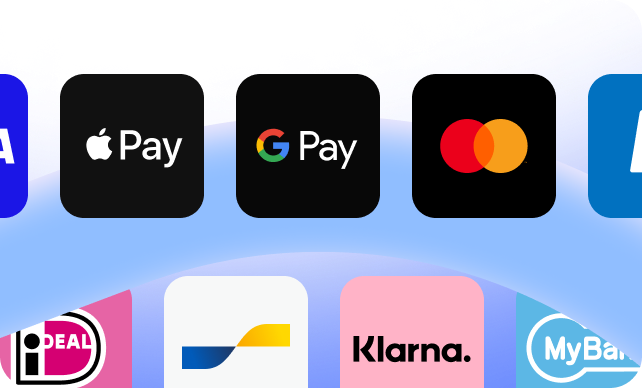

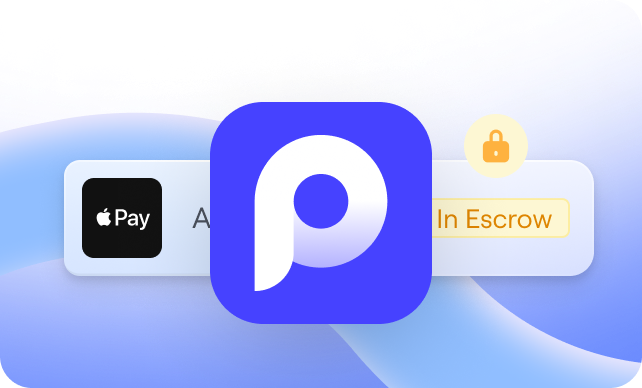

.svg)
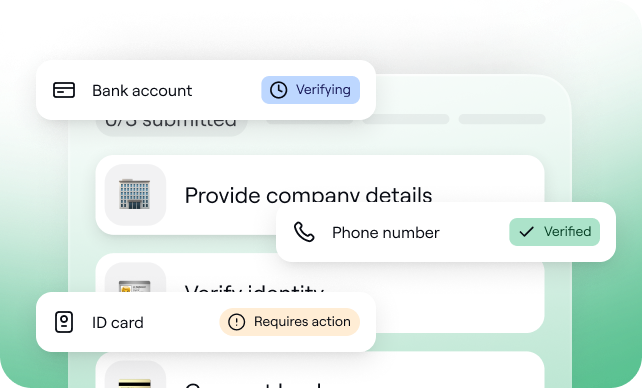
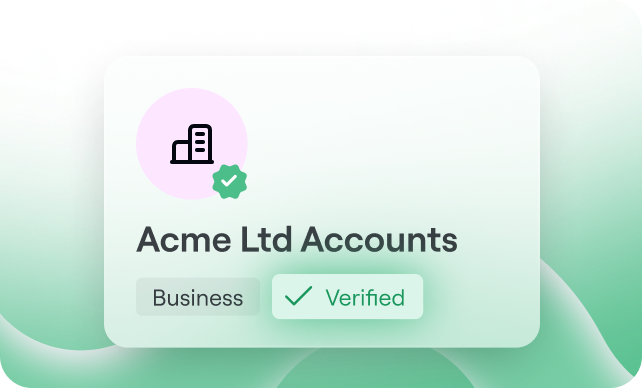

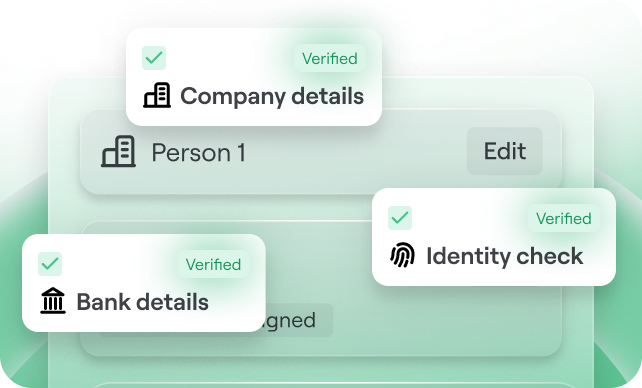
.svg)
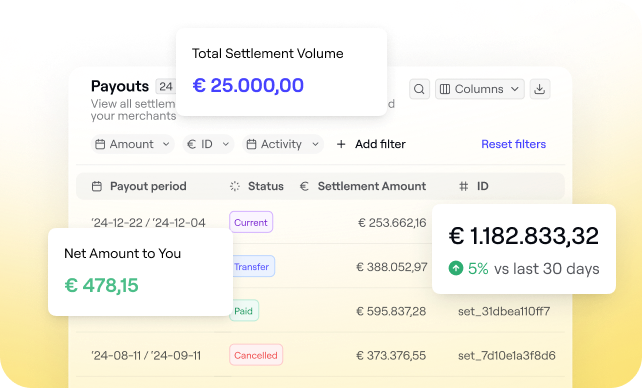
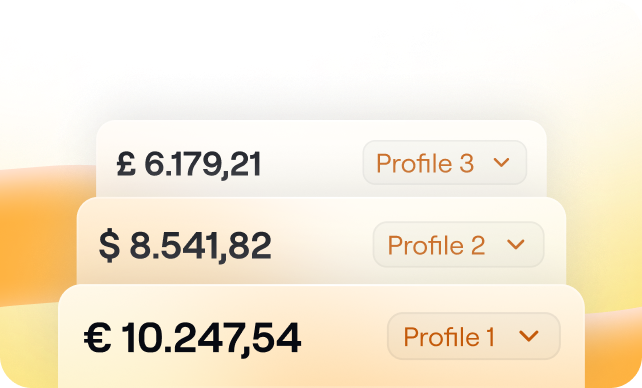

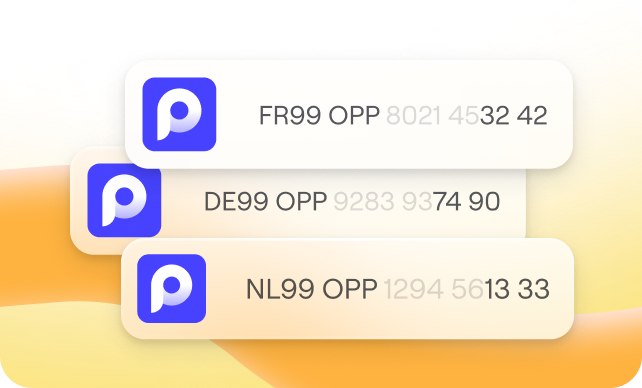
.svg)
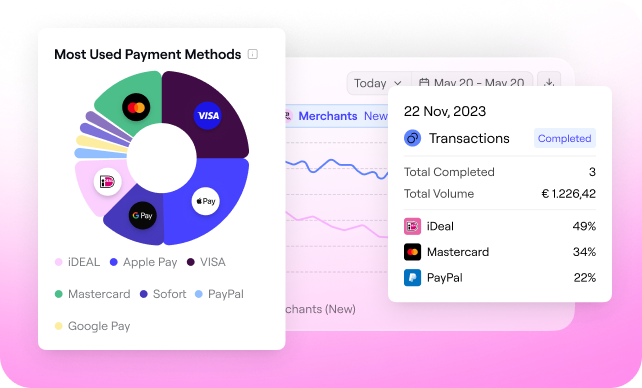
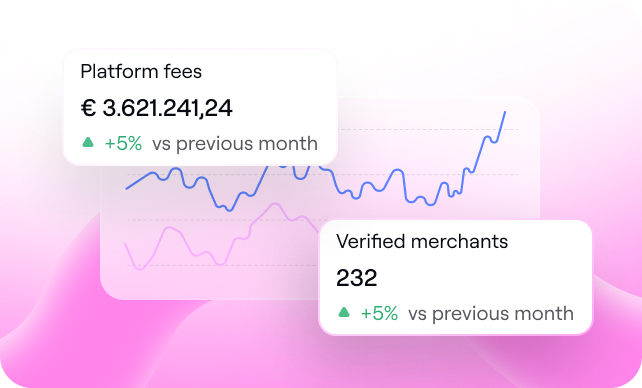
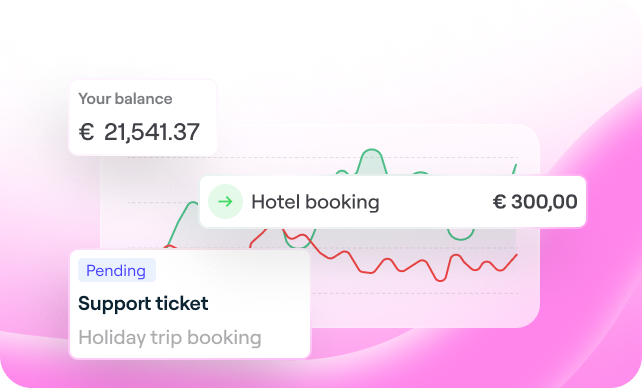
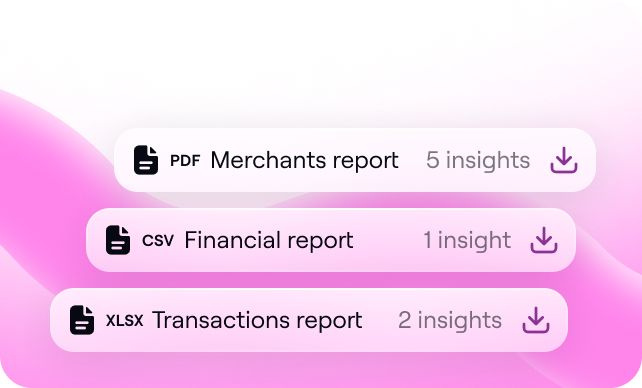
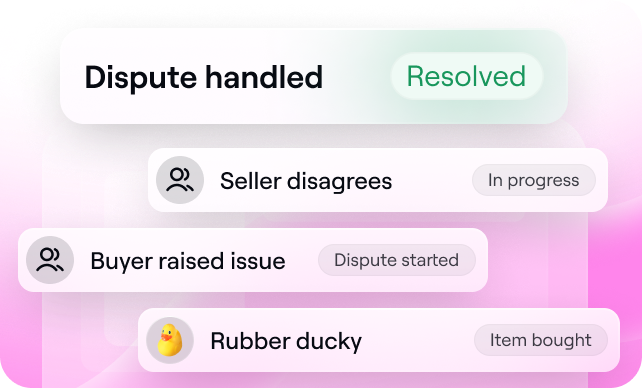






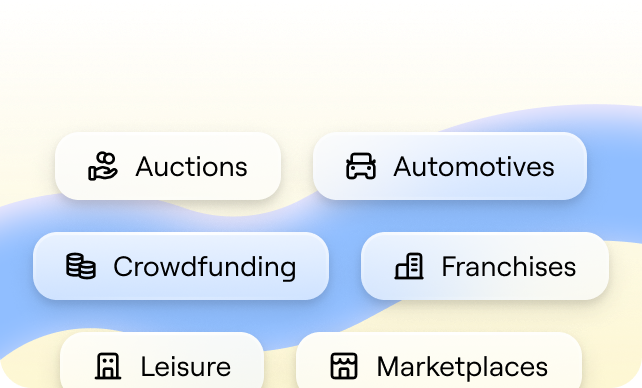







%20(1).png?width=1300&name=Copy%20of%20Copy%20of%20Blog%20post%20(1620%20x%201080%20px)%20(1).png)



.png)
.png?width=75&height=51&name=Worldline%20(2).png)